Signaling imbalance
Recent articles
Microglia nurture young interneurons
The immune cells secrete a growth factor that “sets the supply of GABAergic interneurons in the developing brain.”
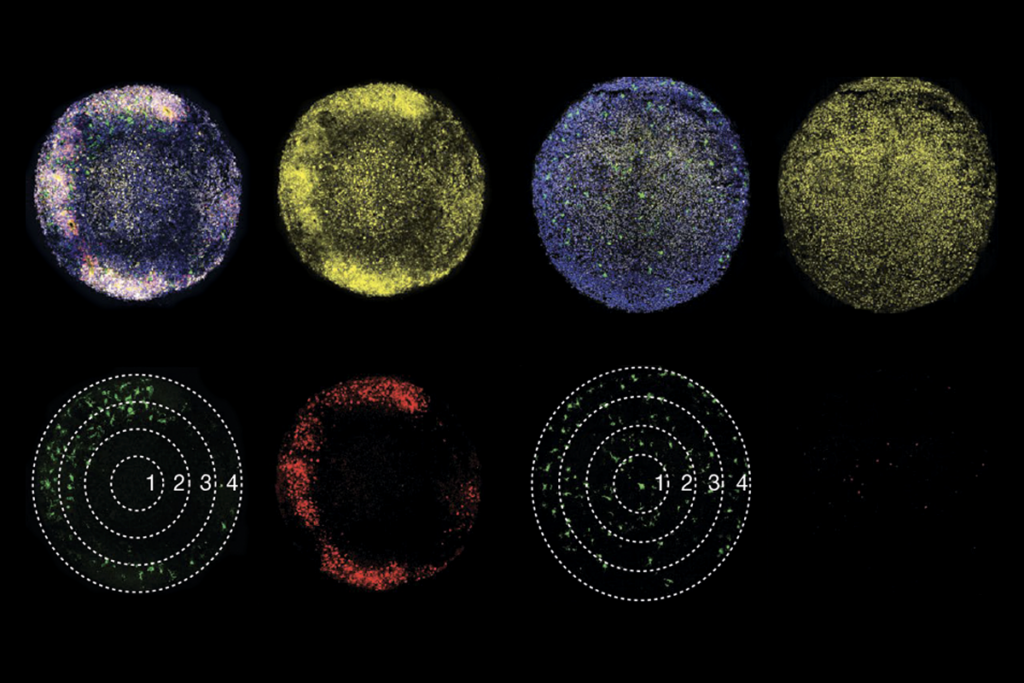
Microglia nurture young interneurons
The immune cells secrete a growth factor that “sets the supply of GABAergic interneurons in the developing brain.”
Synaptic anomalies in autistic people support imbalance hypothesis
Increased excitatory and decreased inhibitory synapses in the prefrontal cortex of autistic people suggest broader impacts on brain function and connectivity.
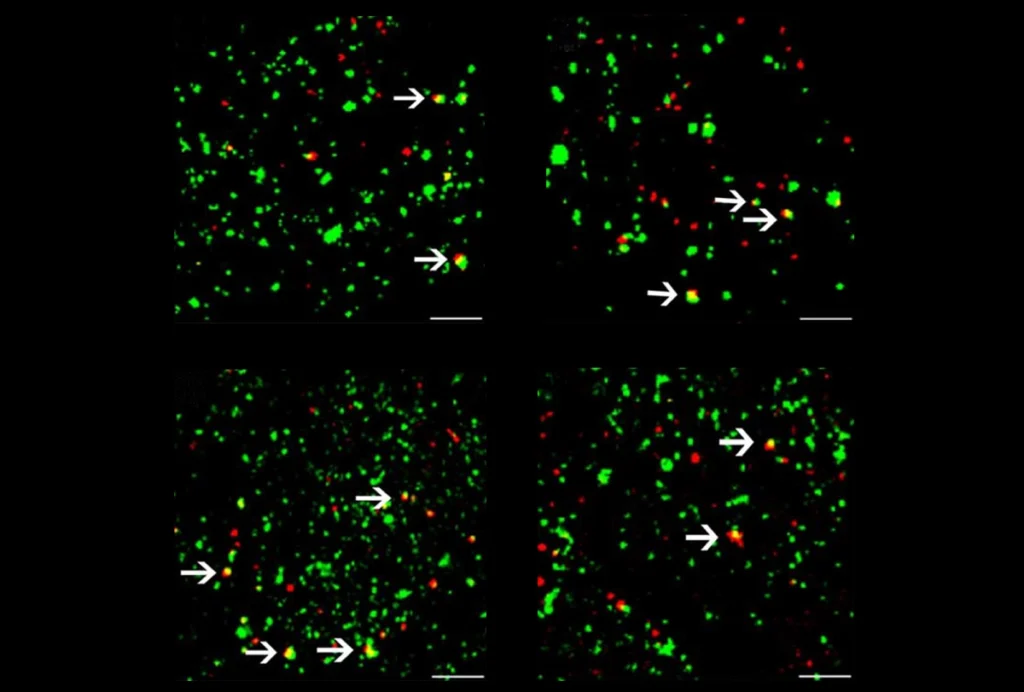
Synaptic anomalies in autistic people support imbalance hypothesis
Increased excitatory and decreased inhibitory synapses in the prefrontal cortex of autistic people suggest broader impacts on brain function and connectivity.
Some social issues in DYRK1A model mice stem from faulty inhibitory circuits
Alterations in inhibitory circuits and difficulties in social recognition characterize mice missing one copy of DYRK1A, a gene linked to autism.
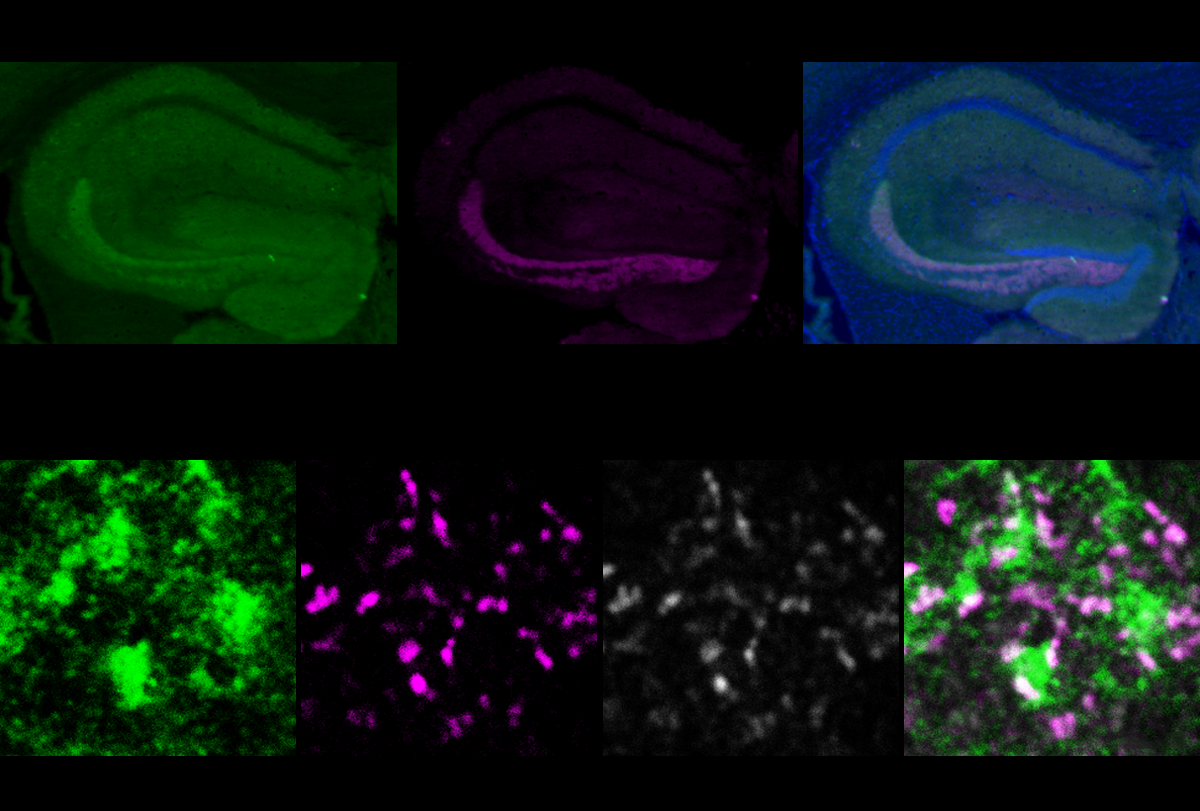
Some social issues in DYRK1A model mice stem from faulty inhibitory circuits
Alterations in inhibitory circuits and difficulties in social recognition characterize mice missing one copy of DYRK1A, a gene linked to autism.
Head size parts autism into two major subtypes
An imbalance in the number of excitatory neurons in early brain development may account for the difference.
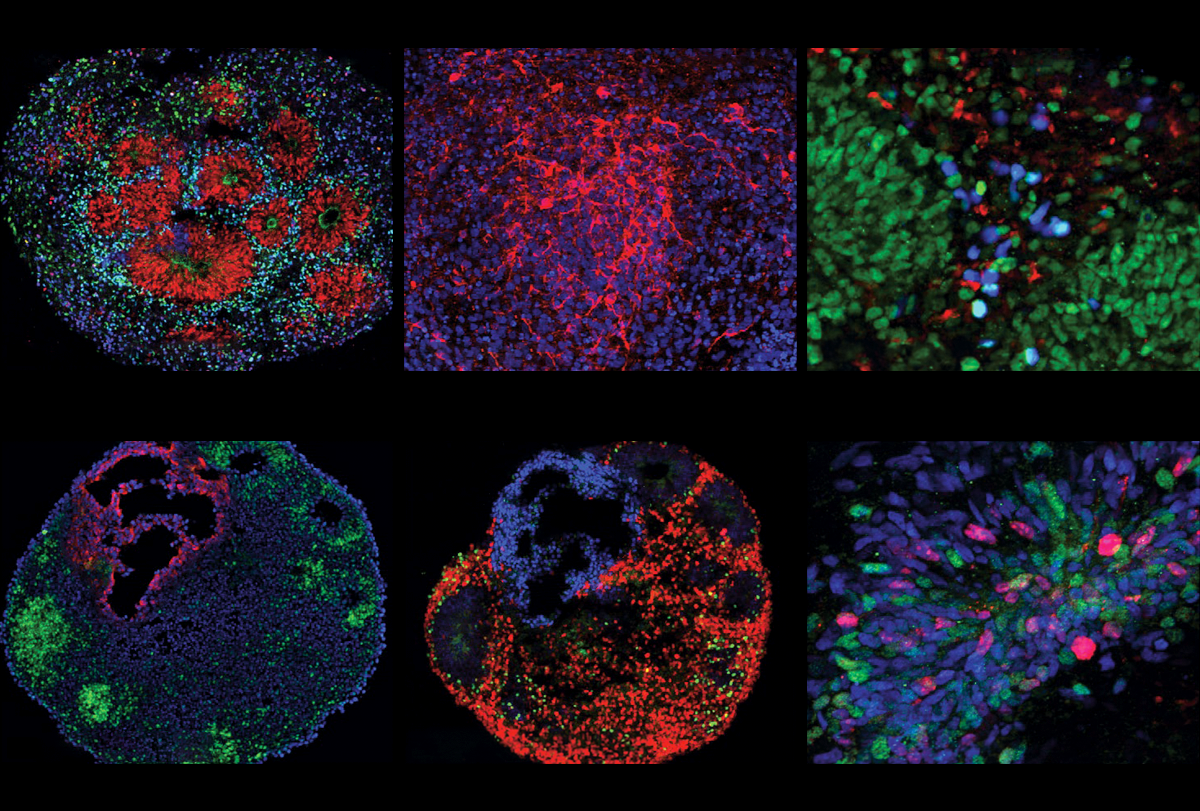
Head size parts autism into two major subtypes
An imbalance in the number of excitatory neurons in early brain development may account for the difference.
Skewed signaling in striatum may spawn repetitive behaviors
Synaptic changes in the brain region could drive a core trait of fragile X syndrome, a new mouse study suggests.
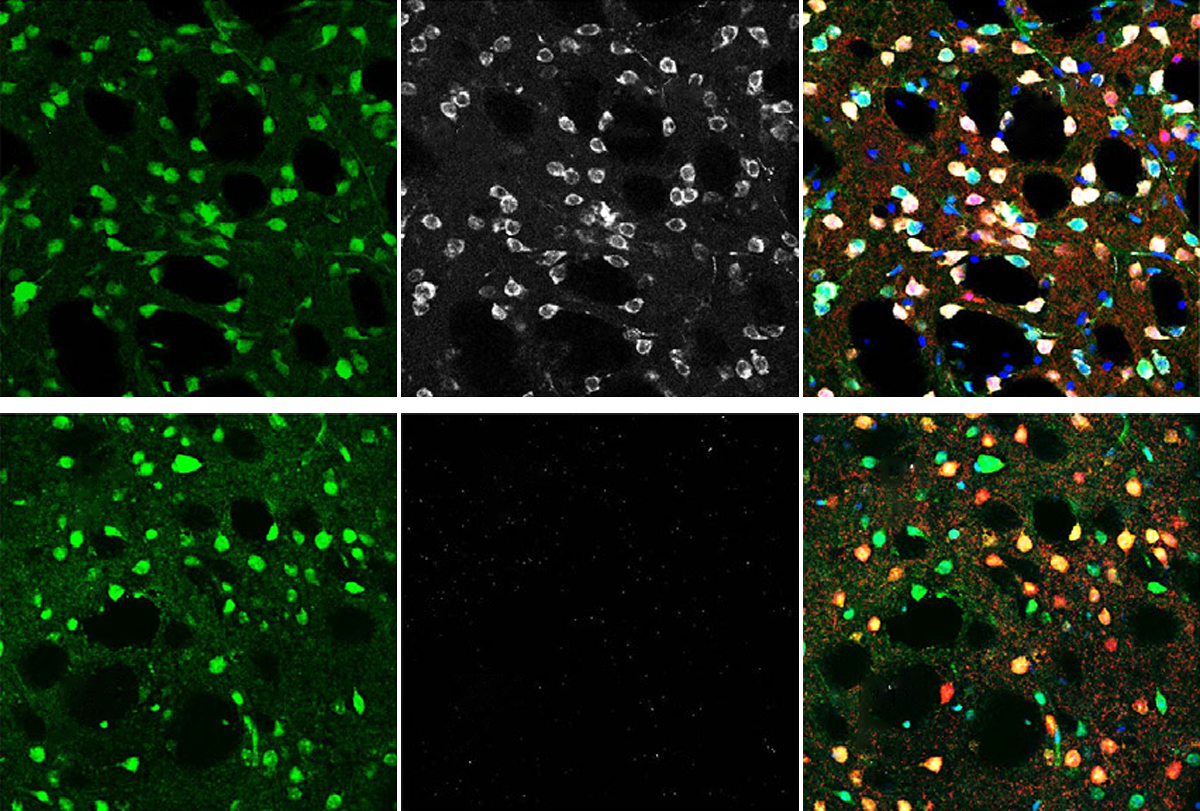
Skewed signaling in striatum may spawn repetitive behaviors
Synaptic changes in the brain region could drive a core trait of fragile X syndrome, a new mouse study suggests.
Neuronal deafness to stress may add to protein surplus in fragile X
A protective pathway that pauses protein synthesis is muted in a mouse model of fragile X syndrome, according to a new study.
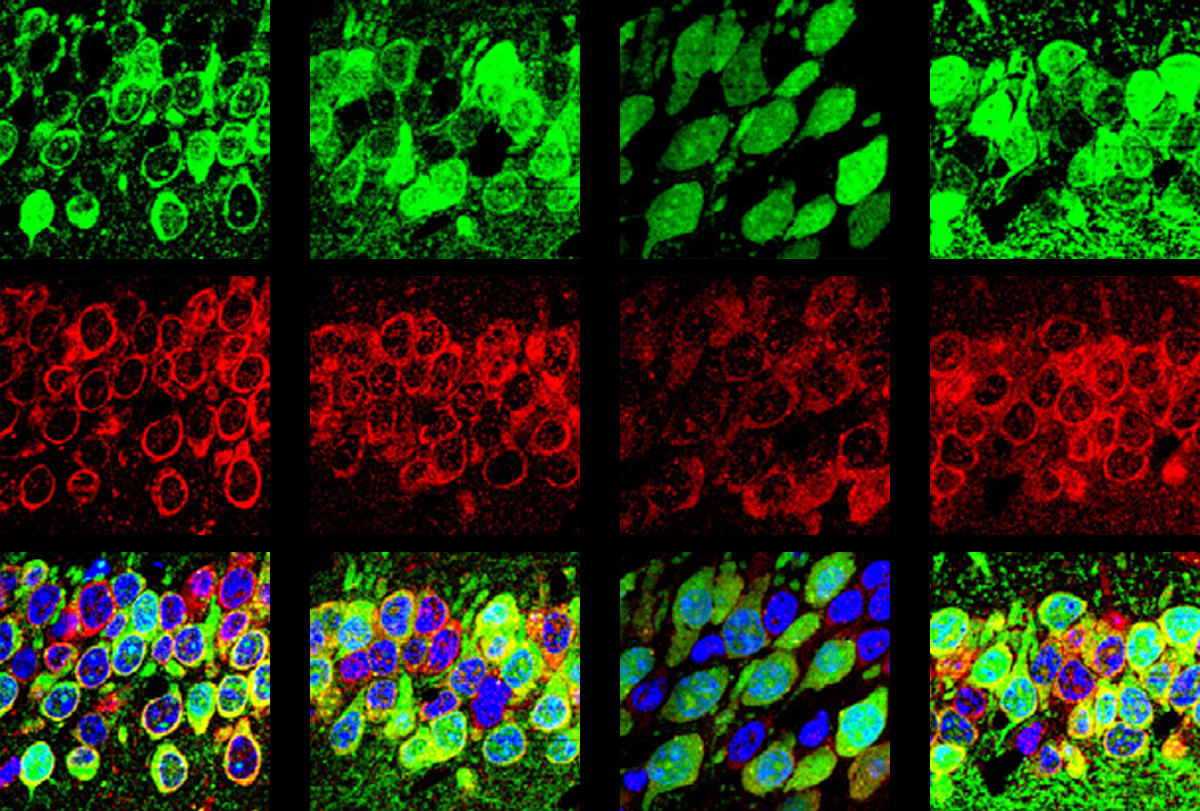
Neuronal deafness to stress may add to protein surplus in fragile X
A protective pathway that pauses protein synthesis is muted in a mouse model of fragile X syndrome, according to a new study.
Trials of arbaclofen for autism yield mixed results
Autistic children taking the drug showed improvements in some behaviors but not in their social skills.

Trials of arbaclofen for autism yield mixed results
Autistic children taking the drug showed improvements in some behaviors but not in their social skills.
Cannabis compound rebalances signaling to quell seizures in mice
Cannabidiol (CBD) blocks the action of a molecule that drives an overexcitability feedback loop in a rodent model of epilepsy.
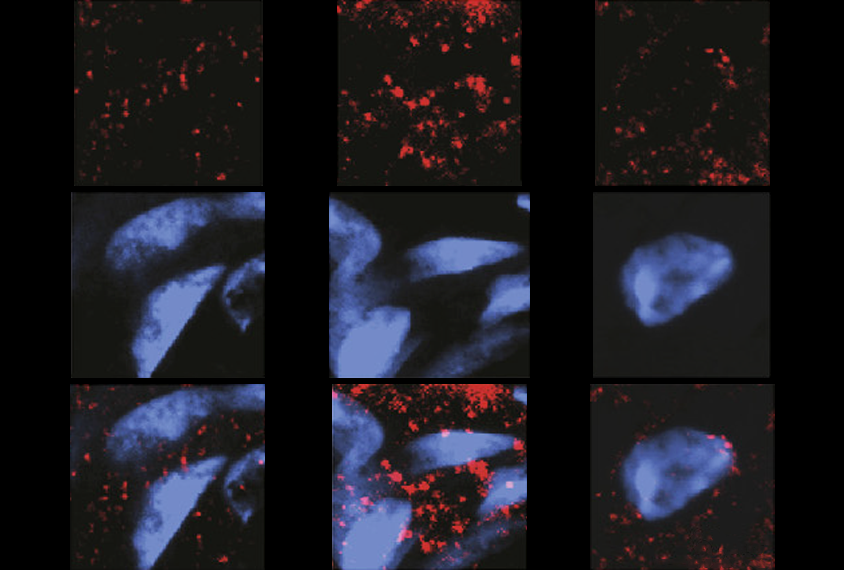
Cannabis compound rebalances signaling to quell seizures in mice
Cannabidiol (CBD) blocks the action of a molecule that drives an overexcitability feedback loop in a rodent model of epilepsy.
Unconventional optogenetics technique spurs long-lasting changes in neuronal activity
Conventional optogenetic manipulations to excite or inhibit neurons stop when the light switches off. A new approach makes the changes last.
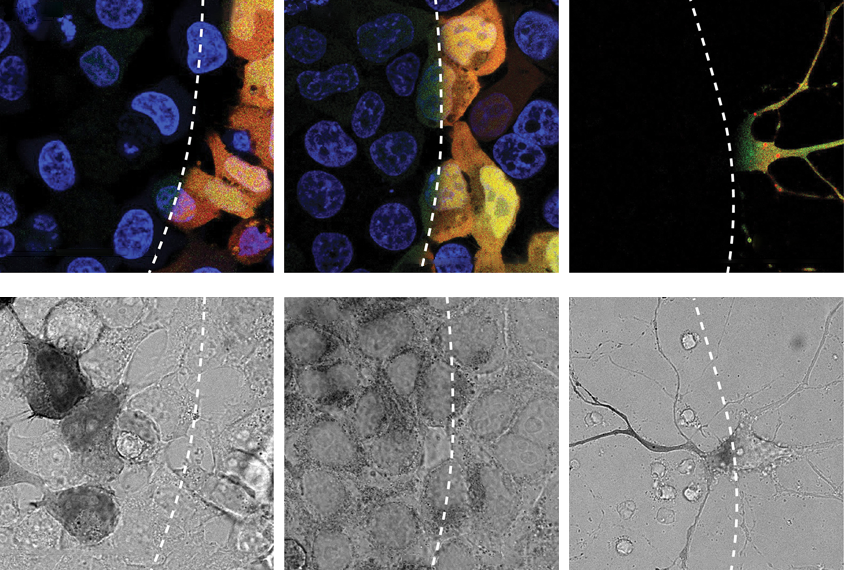
Unconventional optogenetics technique spurs long-lasting changes in neuronal activity
Conventional optogenetic manipulations to excite or inhibit neurons stop when the light switches off. A new approach makes the changes last.
Of mice and human interneurons: Q&A with Moritz Helmstaedter
People’s brains have a larger network of inhibitory interneurons than mouse brains do, according to a new study. Changes to that network could contribute to autism or other conditions, says lead investigator Moritz Helmstaedter.
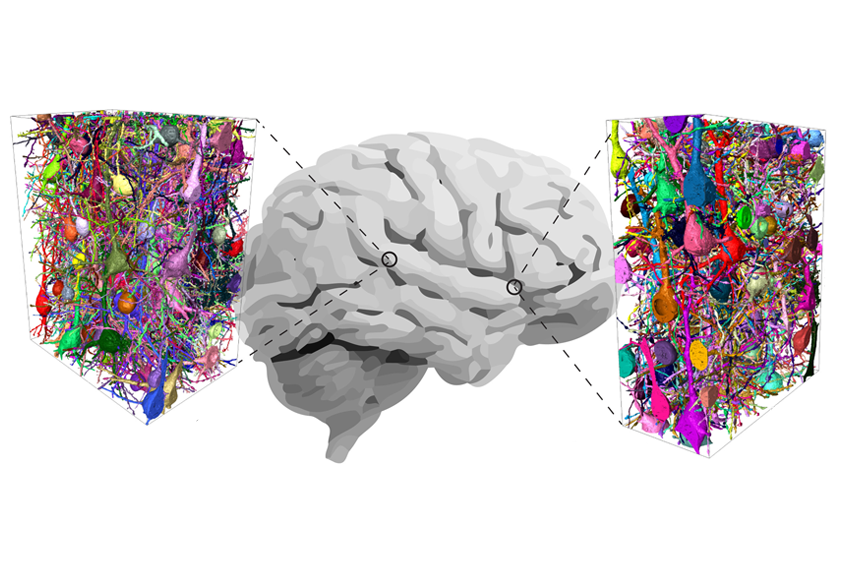
Of mice and human interneurons: Q&A with Moritz Helmstaedter
People’s brains have a larger network of inhibitory interneurons than mouse brains do, according to a new study. Changes to that network could contribute to autism or other conditions, says lead investigator Moritz Helmstaedter.
Explore more from The Transmitter
This paper changed my life: Ishmail Abdus-Saboor on balancing the study of pain and pleasure
A 2013 Nature paper from David Anderson’s lab revealed a group of sensory neurons involved in pleasurable touch and led Abdus-Saboor down a new research path.

This paper changed my life: Ishmail Abdus-Saboor on balancing the study of pain and pleasure
A 2013 Nature paper from David Anderson’s lab revealed a group of sensory neurons involved in pleasurable touch and led Abdus-Saboor down a new research path.
Sex bias in autism drops as age at diagnosis rises
The disparity begins to level out after age 10, raising questions about why so many autistic girls go undiagnosed earlier in childhood.

Sex bias in autism drops as age at diagnosis rises
The disparity begins to level out after age 10, raising questions about why so many autistic girls go undiagnosed earlier in childhood.
Microglia implicated in infantile amnesia
The glial cells could explain the link between maternal immune activation and autism-like behaviors in mice.

Microglia implicated in infantile amnesia
The glial cells could explain the link between maternal immune activation and autism-like behaviors in mice.